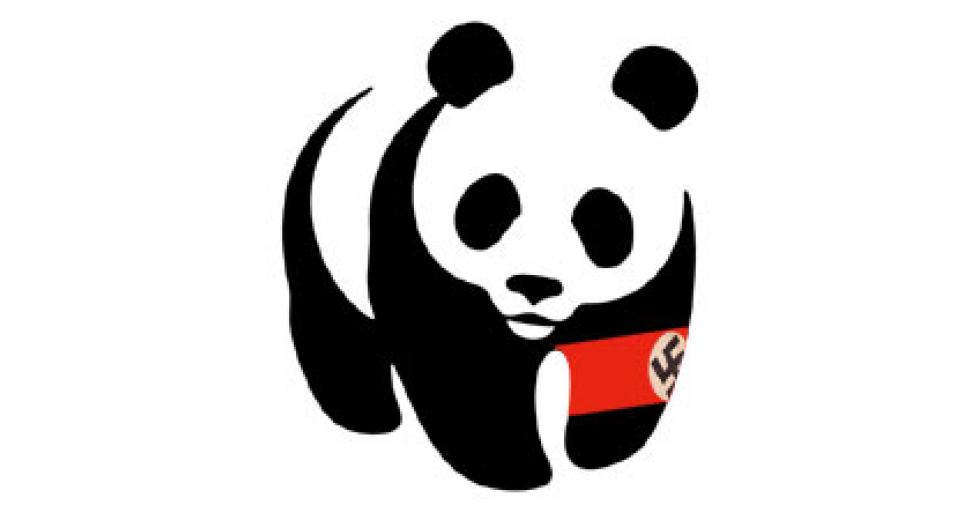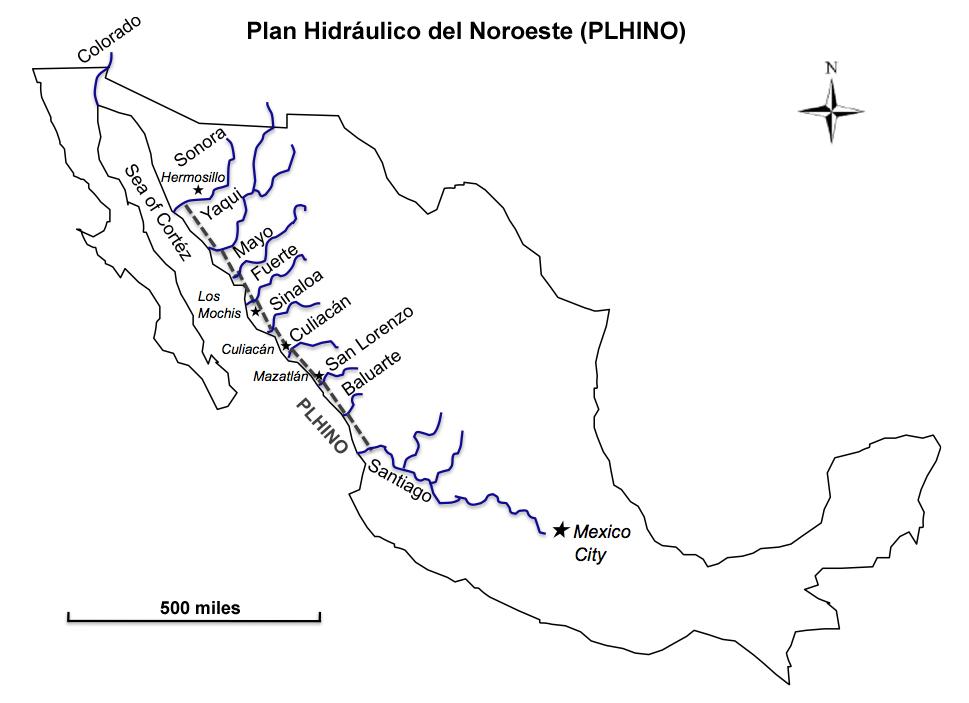
Mexico is in the midst of its worst drought in over 70 years. 1.7 million cattle have died of starvation and thirst so far this winter, and crops have been devastated. The drought is affecting almost 70 percent of the country, devastating farm life, and is expected to continue well into 2012.
Despite this, the WWF and Conagua would prefer to see people die than permit the development of water power and irrigation systems in the region.
On Monday this week, reports emerged from indigenous activists and a farm workers union leader that during December, that 50 indigenous Tarahumara Indians had committed an act of mass suicide, rather than continue to starve. These reports have been discredited, however they have focussed minds on the plight of the Tarahumara.
Their situation, though, is the thin end of the wedge as 20 million rural Mexicans are currently in "food poverty", a situation which has not been helped by Mexico's rising food prices. The price of beans has already increased by 100%, and corn and meat prices are already over 50% higher since the start of the year, and with lower than normal harvests in Argentina and the USA, this situation is not likely to improve.
Mexico has always experienced climate cycles which have caused droughts. The effects of these cycles could be mitigated through the development of the water basins now locked up by the WWF/Conagua arrangement.
One such development project is the Plan Hidraulico del Noroeste (PLHINO). a massive inter-basin river linking scheme on the pattern of the California State Water Project, the Central Arizona Project, Spain’s National Water Plan, and other major infrastructure projects.

If PLHINO were to be implemented as planned, it would irrigate over 1.25 million acres of cropland, and generate over a gigawatt of hydro electricity. The PLHINO would mean eight new reservoirs and six water diversions resulting in thousands of miles of new canals. It would mean guaranteed water supplies for major urban areas as well.
Mexico's food shortages, its poverty generally, are as a result of decades of genocidal environmental policy. This latest agreement just adds insult to injury, and is indicative of the influence environmental groups such as the WWF have in keeping the worlds poor in poverty.
